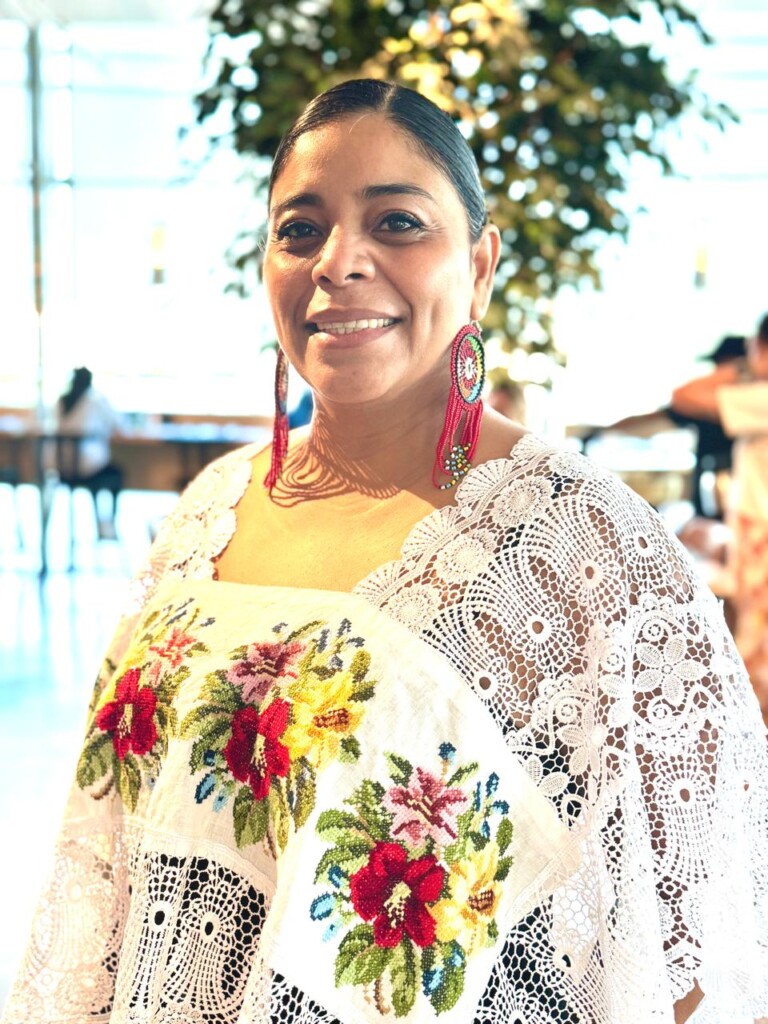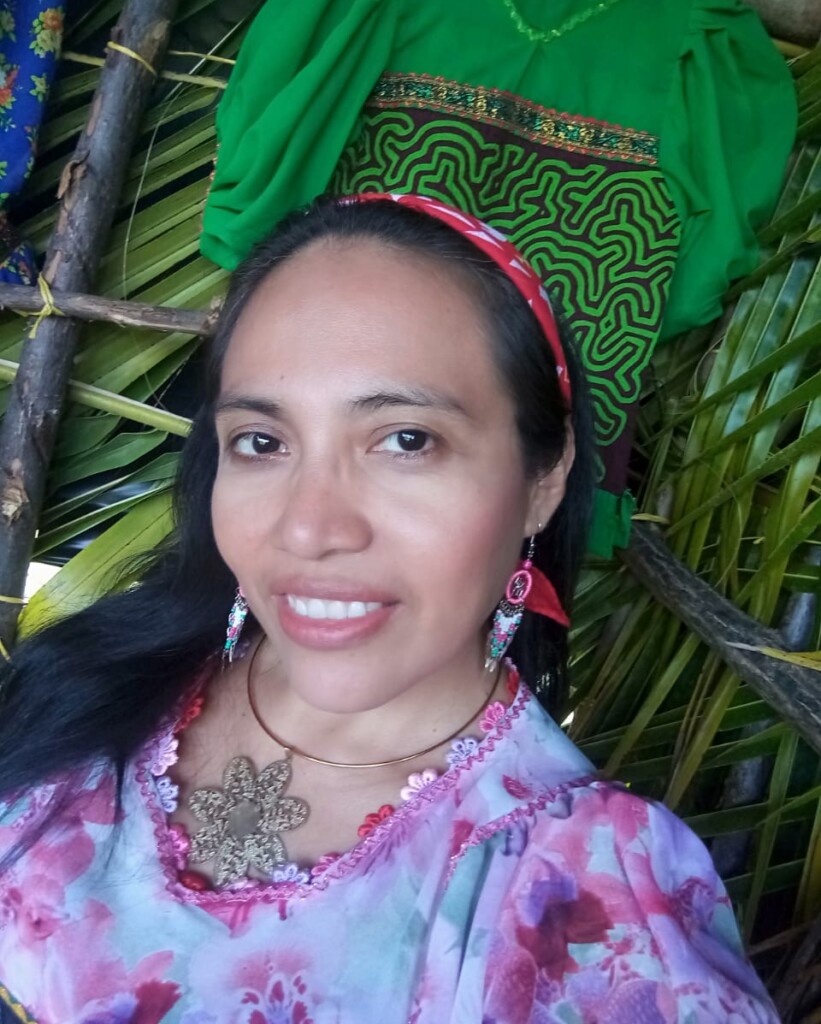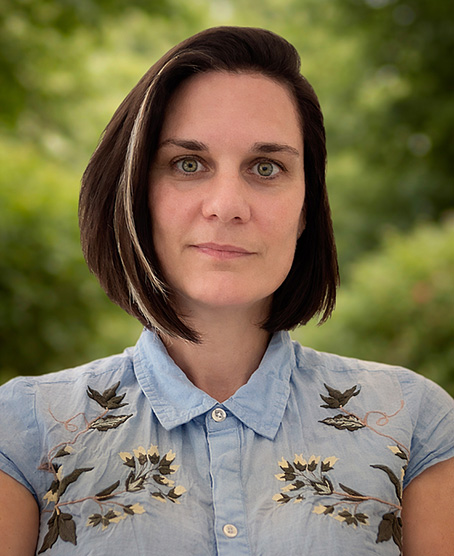About us
Who we are
The International Indigenous Forum on Biodiversity (IIFB) is a collection of representatives of indigenous governments, indigenous non- governmental organizations and indigenous academics and activists who organize around the Convention on Biological Diversity (CBD) and other major international environmental meetings to help coordinate indigenous strategies at the global, regional and national levels.
The main objective of the IIFB is to facilitate and support the full and effective participation of Indigenous Peoples and local communities in the CBD to ensure that the rights of Indigenous Peoples and their contribution to nature are recognized and respected during the negotiation, adoption of the decisions of the CBD and its protocols, and its implementation.
Indigenous Peoples and local communities have been ancestral guardians of Mother Earth. Most of the existing biodiversity in the planet is in Indigenous Peoples’ lands and territories. Despite their important role and contributions to biodiversity conservation and restoration, Indigenous Peoples and local communities have been largely excluded from decision making processes of biodiversity governance, conservation mechanisms and financing. The IIFB works to shift this paradigm.
History
The IIFB was formed in 1996 during the Third Conference of the Parties (COP3) to the Convention on Biological Diversity (CBD) in Buenos Aires, Argentina. Today Indigenous Peoples and local communities from seven regions of the world are part of the IIFB: Africa; Asia; Central and South America and the Caribbean (LAC); the Arctic; Eastern Europe, Russian Federation, Central Asia and Transcaucasia; North America and the Pacific.
Objective
In order to perform this objective, the IIFB fosters discussions among Indigenous Peoples and local communities’ organizations. Through inclusive dialogue, the IIFB seeks to achieve consensus on common positions to ensure the protection of Indigenous Peoples and local communities’ rights and to enable them as principal actors in the implementation of the CBD.

Our Achievements and Contributions
- The IIFB is formed at COP 3 in Buenos Aires to enhance participation of IPLCs on biodiversity mechanisms.
- IIFB meeting in preparation to the CBD Workshop on Traditional Knowledge, Madrid.
- IIFB meeting to coordinate a position on article 8 (j) and traditional knowledge.
- Adoption of the Programme of Work on the Implementation of Article 8 (j) and Related Provisions of the CBD at COP 4.
- First Meeting of the Working Group on Article 8(j) preceded by FIIB preparatory meeting.
- IIFB Meeting in preparation to COP5. The Indigenous Women’s Biodiversity Network is formed.
- IIFB is recognized at COP 5 Decision V/16 as the main Indigenous body to advise the COP on the implementation of Article 8(j) and related provisions of the CBD.
- The Composite Report on the Status and Trends Regarding the Knowledge, Innovations and Practices of Indigenous and Local Communities.
- First Meeting of the Working Group on ABS, preceded by IIFB preparatory meeting.
- Second Meeting of the Working Group on Article 8(j) preceded by FIIB preparatory meeting.
- IIFB Meeting in preparation to COP 6.
- Second Meeting of the Working Group on ABS preceded by FIIB preparatory meeting.
- Third Meeting of the Working Group on Article 8(j) preceded by FIIB preparatory meeting
- IIFB Meeting in preparation to COP 7
- Akwé: Kon Voluntary Guidelines
- Third Meeting of the Working Group on ABS preceded by IIFB preparatory meeting.
- First Meeting of the Working Group on Protected Areas. IIFB Preparatory meeting.
- Tkarihwaiéri: Code of Ethical Conduct
- Action Plan for the Customary Sustainable use of Biological Diversity
- Rutzolijirisaxik Voluntary Guidelines
- Glossary of relevant key terms and concepts
- Mo'otz Kuxtal Voluntary Guidelines
- WG2020-1 (Agosto 2019 | Nairobi, Kenia)
- SBSTTA23 (Noviembre 2019 | Montreal, Canadá)
- WG20-11 (Noviembre 2019) 2019
- 1st IP & LC Dialogue (Noviembre 2019 | Montreal, Canadá)
- oWC2020-2 (Febrero 2020 | Roma, Italia)
- o2nd IP & LC Dialogue (Diciembre 2020 | Online)
- RoWG2020-3 (Parte 1) (Agosto-Septiembre 2021 | Online)
- oWG2020-1 (Agosto 2021 | Online)
- SBSTTA24 (Marzo 2022 | Ginebra, Suiza)
- 2022 SBSTTA13 (Marzo 2022 | Ginebra, Suiza) WG2020 (Junio 2022 | Nairobi, Kenia) WG2020-5 (Diciembre 2022 | Montreal, Canadá)
- COP15 (Diciembre 2022 | Montreal, Canadá)
- Kunming-Montreal Global biodiversity framework (Decision 15/4)
- Monitoring framework for the Kunming-Montreal global biodiversity framework (Decision 15/5)
- Gender Plan of Action (Decision 15/11)
- In-depth dialogue on the thematic areas and other cross-cutting issues conducted by the Ad Hoc Open-ended Inter-Sessional Working Group on Article 8(j) and Related Provisions (Decision 15/20)
- Recommendations from the United Nations Permanent Forum on Indigenous Issues to the Convention on Biological Diversity (Decision 15/21)
- Development of a new programme of work and institutional arrangements on Article 8(j) and other provisions of the Convention related to Indigenous Peoples and local communities (Decision 15/10)
- Nature and Culture (Decision 15/22)
- Mechanisms for planning, monitoring, reporting and review (Decision 15/6)
- Capacity-building and development and technical and scientific cooperation (Decision 15/8)
IIFB Internal Organization
Caucus
Coordinating Committee
Co-chairs
Secretariat of the IIFB
Coordinating Committee

Wanli Ou
Regional Coordinator for NORTH AMERICA
Secretariat of the IIFB
Mandated to support Co-chairs
Former Co-chairs of the IIFB















